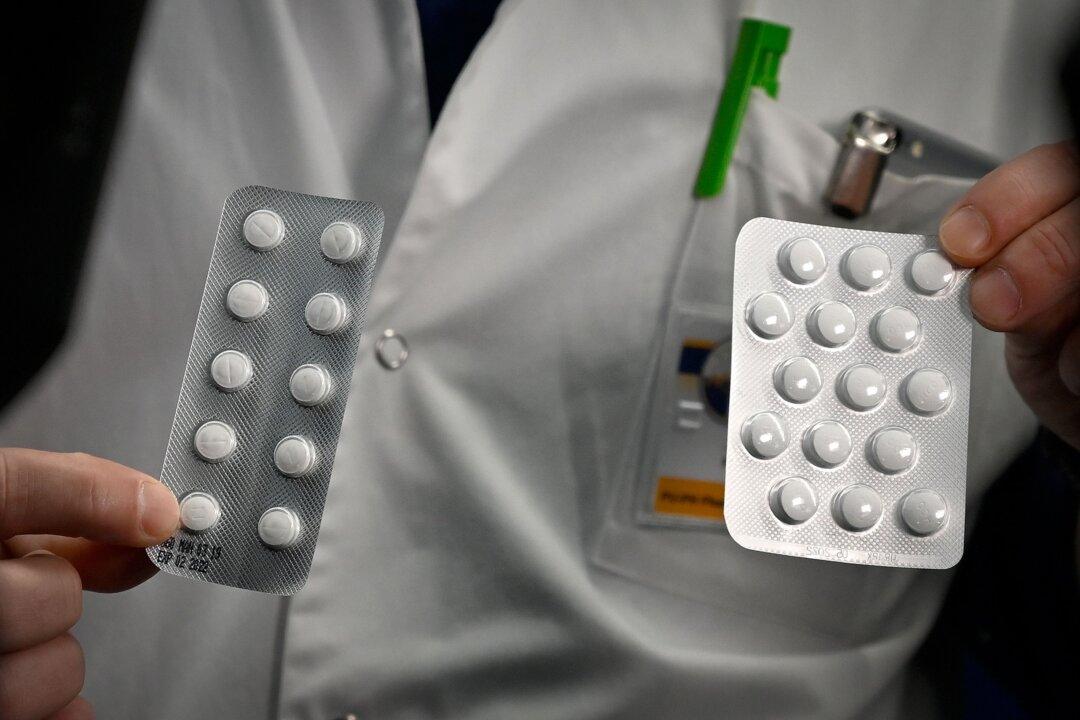Expecting increased demand for chloroquine phosphate and hydroxychloroquine sulfate, the Food and Drug Administration has published guidance for making generic versions of the existing drugs, which are being tested in COVID-19 patients across the United States.
While clinical trials studying the safety and effectiveness of the drugs are ongoing, doctors in multiple states are prescribing them as a treatment for the new disease—which is caused by the CCP (Chinese Communist Party) virus, commonly known as the novel coronavirus—or as a prophylactic.





